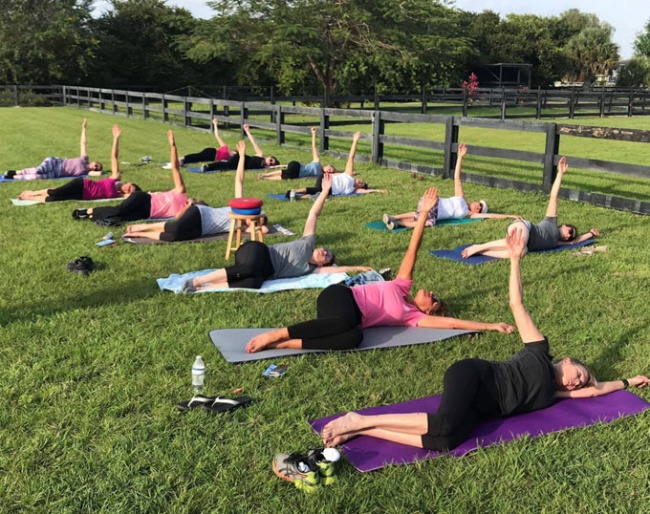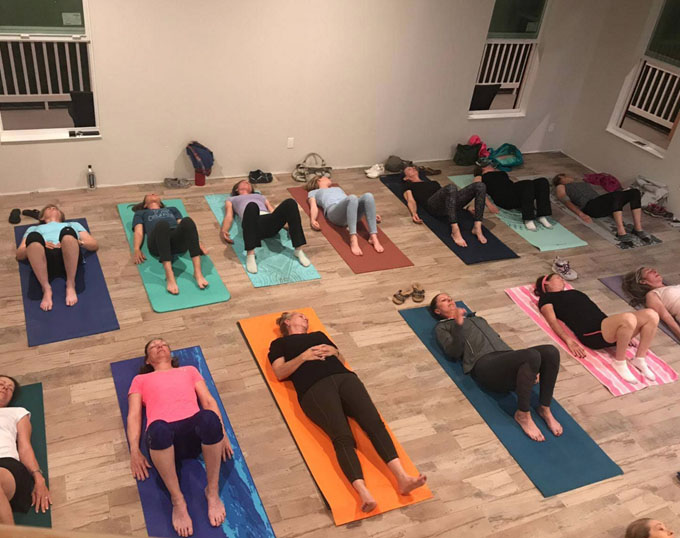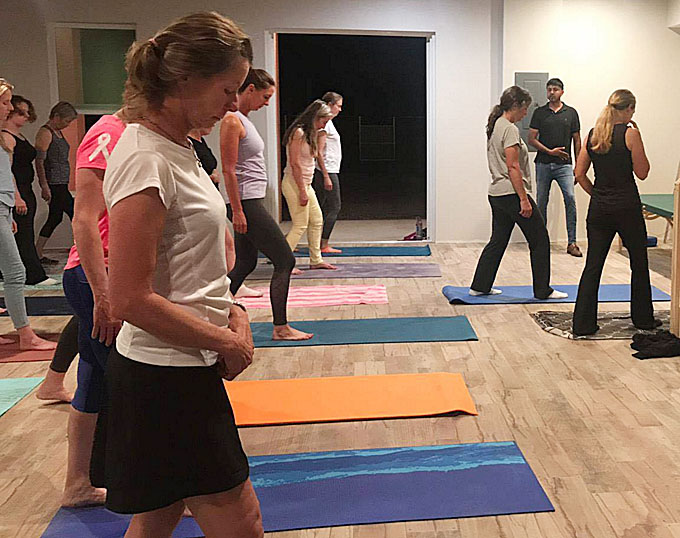
Elevating Mood and Increasing Feelings of Well Being for Good Horsemanship
Famous for helping even Olympic athletes with functional biomechanics and improving their seats, the Dave Thind Method is a method that does not separate mind and body. This approach helps riders to develop the life tools necessary to monitor and control their breathing, emotions and sense of well-being.
Understanding that our emotions more or less dictate our posture and that we can hijack our emotions by changing our posture can be a very useful tool. Not just for riders, but for anyone who doesn’t want the heavy burden of stress weighing down on their shoulders.
Emotions and Posture Go Hand-in-Hand
Good actors know that emotions and posture go hand-in-hand and studies have proven that cortisol levels can change in a matter of minutes, merely by taking on emotion specific postures. As an added bonus, research suggests that maintaining good posture can improve functioning of the immune system.
“To every emotional state corresponds a personal conditioned pattern of muscular contraction without which it (the emotion) has no existence," said Dr. Moshe Feldenkrais.

“Our horses are flight animals and this response is easily triggered by fearful or tense horses and humans around them," he continued.
How do some ‘talented’ riders seem to calm nervous horses while others make them more nervous? Examining what the breath, eyes, abdominals etc. do for us or did for our 'cave man' ancestors in flight, fight or freeze mode (sympathetic nervous system) tells us volumes about what messages not to involuntarily send to our horses.
Online Seat Training Workshop on 28 - 29 March 2020
Join us in this ‘seat training’ workshop. The classical seat demands control over involuntary tension signaling our horses that they are safe and well. You will need a mat and about 1 hour.
- Reduce anxiety and inhibit the sympathetic nervous system
- Achieve a beautiful, deep, supple and effective seat
- Release tension that blocks your horse
- Address pain through improved biomechanics
- Change your self image to become a better version of yourself
The workshops are FREE and suitable for riders of all ages. These workshops are normally $35-50 each and participants are encouraged to pay it forward.
March 28, 29 at 3pm EST (15:00)
Please rsvp by filling this form - You will receive a link.
More than just a beautiful and supple seat

your seat
DTM is based on the work of Dr. Moshe Feldenkrais, which in addition to everything else it has to offer, has been proven effective to help reverse anxiety and chronic stress. Dr. Andrew Weil on the Feldenkrais Method: "The exercises can re-educate the brain and nervous system to develop new ways of moving and perceiving the body, as well as elevating mood and increasing overall feelings of well-being.”
For more information on the Dave Thind Method, visit www.DaveThindMethod.com or on Facebook